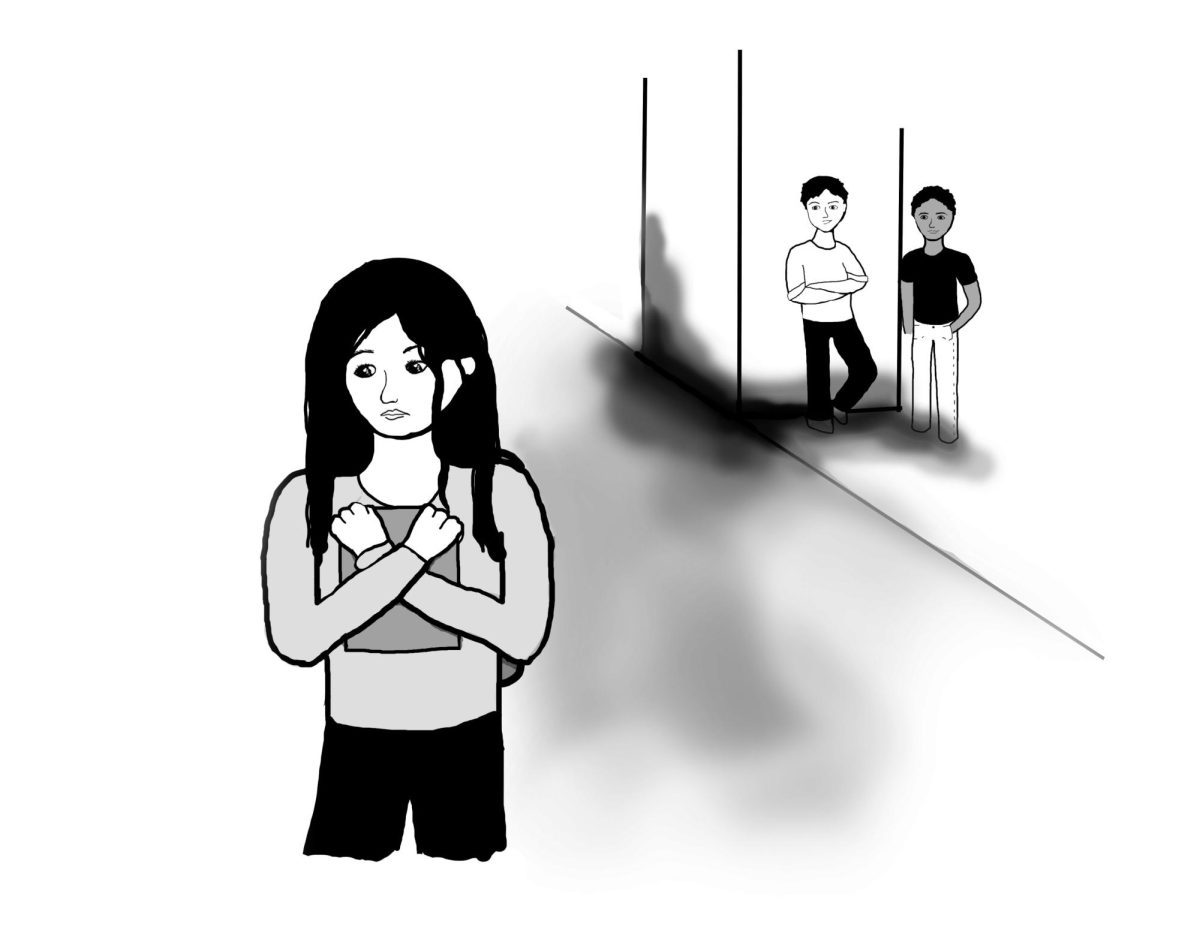
Back in 1999, just as blogs were beginning to appear in the news, Scott Rosenberg of Salon.com offered a definition for this new form of media.
“Weblogs, typically, are personal Web sites operated by individuals who compile chronological lists of links to stuff that interests them, interspersed with information, editorializing and personal asides,” he wrote.
Justin Hall, widely considered to be one of the earliest personal bloggers, started a blog in 1994 while attending Swarthmore College.
“I was 19 and I wanted to share the amazing shit I was finding on the web with other people who might not know what was out there,” he wrote in an email interview.
Although his blog started as a collection of links to things he liked, he eventually started posting his poetry and personal writing.
“I found I could get attention and connect with other people by sharing pieces of myself online; it was an energizing experience that encouraged me to do more,” he said.
Though there were a few others like Hall, blogging didn’t become popular until 1998 or 1999, when free blog-creation programs became available. These programs, like LiveJournal and Blogger.com, made blogging easier, as bloggers no longer needed to know how to create a website.
LiveJournal focused on recording personal experiences, which remains a common topic in the modern blogosphere. According to BlogPulse, a trend discovery system for blogs, “diary” still takes the lead when calculating percentages of blog posts by topic.

However, LiveJournal has been replaced by newer hosting programs like WordPress and Tumblr that reflect a greater variety of blogging topics. Tumblr, in particular, has also developed strong social features––it allows you to “follow” other blogs, which means that their posts show up on your “dashboard,” a feature that bears a strong resemblance to Facebook’s “News Feed.” You can also “reblog” (quote a post and add a response), so there is a lot of interaction between bloggers.
Hall believes blogs have had a big impact on the way information is shared online.
“Blogging was a transitionary form––between the formality of traditional reporting and the unsanctioned, unauthorized, relatively open access we seem to be moving towards,” he wrote.
Even if blogging was a transitionary form, that doesn’t mean the era of the blog is over––far from it. According to BlogPulse, as of Sept. 23 there were 171,857,137 blogs in existence, with almost 3,000 of those having been created in the last 24 hours.
As the “dashboard” feature of Tumblr shows, blogs and social networks are growing side by side in order to meet the needs of online users. Hall agrees.
“The important audience for most of our brief notes is not the entire world of strangers, but a network of folks we already know,” he wrote.









